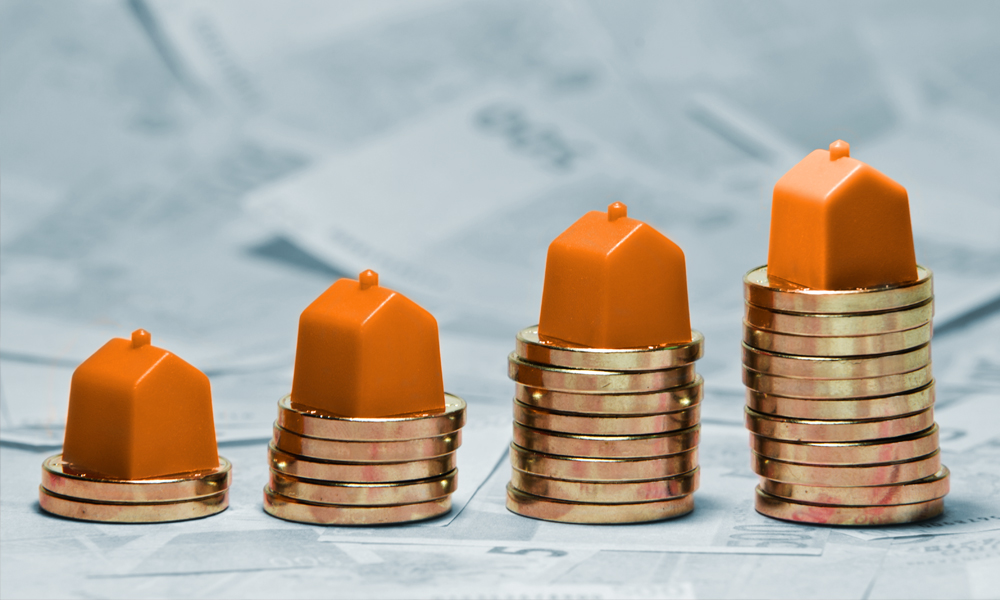The Government announced a Stamp Duty holiday earlier this year set to continue until March 2021 in an attempt to help the property market recover from the harmful effects of coronavirus. Whether you are a first-time buyer or are considering a move from your current property, we’ve included everything you need to know about this announcement below.
What is Stamp Duty?
Stamp Duty Land Tax (SDLT), often referred to as Stamp Duty, is a tax you must pay when purchasing property or land in England and Northern Ireland. It is the responsibility of the person who buys the property to ensure this tax gets paid within 14 days of the completion of a purchase, however a solicitor will often submit the return on your behalf as part of the buying process. The amount you owe in Stamp Duty will depend on where you are in the UK as well as your property price, but you are usually required to pay Stamp Duty on all properties over £125,000 (or £300,000 for first-time buyers). In Wales, Land Transaction Tax is the equivalent of Stamp Duty, and in Scotland, buyers must pay Land and Buildings Transaction Tax. These taxes differ slightly from Stamp Duty.
You can learn more about Stamp Duty over on the Government website.
What is the Stamp Duty holiday?
A temporary Stamp Duty holiday was announced by the Chancellor of the Exchequer Rishi Sunak earlier this year. This move was in response to the ongoing global pandemic and aims to help buyers suffering financially due to the coronavirus crisis as well as give a much-needed boost to the property market. The market was hit hard during the first national lockdown with transactions falling by 50% and house prices plummeting. As a result, Stamp Duty has been cut to zero per cent for sole residential properties purchased at £500,000 or under, with higher-priced properties being taxed only on their value above this amount. Rishi Sunak has suggested the average Stamp Duty bill will drop by £4,500 due to his announcement, with nearly nine of out ten people buying a home this year paying no Stamp Duty at all. The Stamp Duty holiday began in July this year and continues until March 31, 2021.
You can calculate how much Stamp Duty you owe using the Government’s handy Stamp Duty calculator.
Will I miss the Stamp Duty holiday deadline?
March may still feel like it is in distant future, but you ideally need to have a transaction underway to make sure you don’t miss the Stamp Duty holiday deadline. Buying a property can be a complicated experience with multiple parties involved and the process often does not come without some hurdles along the way. The Government has found it takes 2 to 3 months on average to buy or sell a home and this timeframe can sometimes increase when a property chain is involved. A new spike in demand alongside the changing coronavirus restrictions has also resulted in lengthy delays, making missing the Stamp Duty holiday deadline a little more likely.
Will the deadline be extended?
There have been calls across the industry for the Stamp Duty holiday to be extended past March next year to ensure the housing market recovery continues. The Government maintains that it does not plan to extend the holiday period as its purpose was to act as a temporary relief with all current evidence pointing to its successful stimulation of the market.
Are you thinking of selling or buying a new home? Get in touch with us! Talk to one of our expert consultants today on 01638 560 221.


